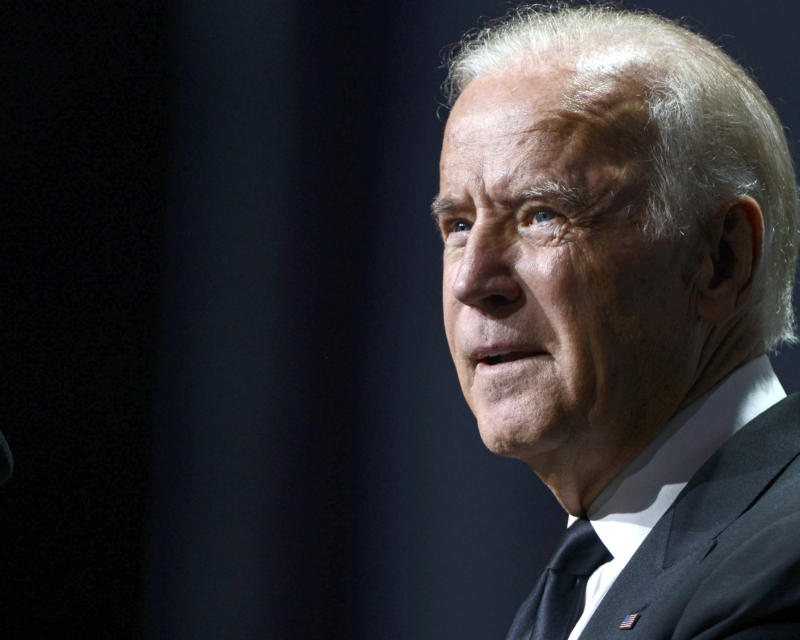Biden’s Imperialistic Aspirations Sparks Concern Among Young Voters
the Biden administration is grappling with a growing challenge that transcends traditional party lines — the disapproval of its handling of the conflict in Gaza, particularly among young voters. The latest New York Times/Siena College poll reveals a startling 75% disapproval rate among voters aged 18 to 29 for President Joe Biden’s approach to the war.
The sentiment is deeply tied to the perception that the U.S. is staunchly backing Israel using taxpayer funds, with 44% of respondents asserting that the Israeli government should end the conflict even without defeating Hamas, compared to 39% who believe the war should continue. The administration’s quick endorsement of Israel’s actions has drawn criticism, with over 40 White House interns urging Biden to call for a ceasefire, citing the disregard for the “pleas of the American people.”
The poll highlights a significant shift, with former President Donald Trump gaining ground among young voters. Trump leads Biden by 49% to 43%, with 21% of those who voted for Biden in 2020 expressing greater sympathy for Palestine. This trend is compounded by a Quinnipiac University poll suggesting that 66% of those under 35 lean towards disapproving of Israel’s actions.
The complexity of the situation is evident as the Biden administration attempts to navigate conflicting expectations. Biden, aiming to show unwavering support for Israel, finds himself in a precarious position. Pro-Israel groups demand unequivocal backing, while pro-Palestinian factions decry what they perceive as a disproportionate response from the Israeli Defense Forces using US funds to commit genocide.
The internal struggle within the Democratic party is reflected in Biden’s approval ratings, with only 42% of Gen Z voters and 48% of millennials expressing agreement with his handling of the conflict. This poses a potential electoral risk, as young voters disillusioned by the administration’s imperialistic policies in Ukraine and the Middle East may opt not to show up on election day.
The conundrum faced by Biden is further underscored by the nuanced views within his party. While support for his handling of the war increased among voters aged 18 to 42, a substantial portion, 24% of Gen Z voters and 25% of millennials, still disapprove. The challenge for the administration lies in finding a delicate balance that satisfies both pro-Israel and pro-Palestinian sentiments within its voter base.
As the debate unfolds, Biden’s approach to the Israel-Hamas conflict as well as the situation in Ukraine emerges as a critical factor that could sway the electorate, particularly among the younger demographic. The evolving dynamics will test the administration’s ability to navigate the complexities of international affairs while securing the support of a diverse and increasingly skeptical electorate.






